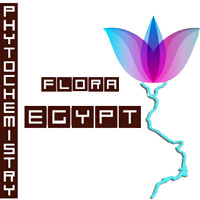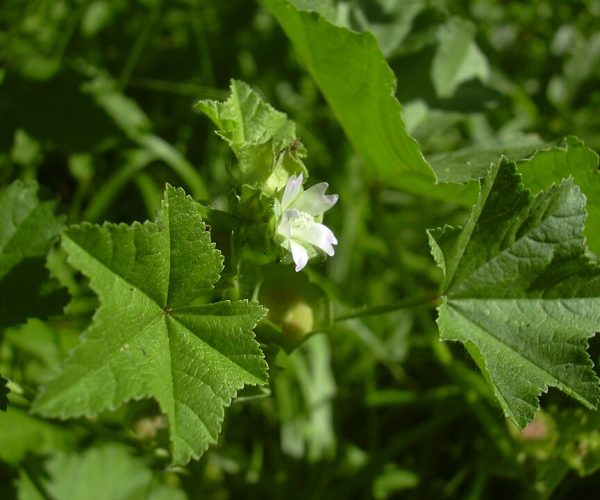author(s) :
description
Malvaceae (Mallow Family) is the family of flowering plants containing about 243 genera and 4225 species. The plants of this family are herbs, shrubs and trees. It is widely distributed throughout the world and particularly in tropical regions, mainly in South America (Gomaa et al., 2018). The family Malvaceae includes many valuable plants which are of commercial importance, e.g., Gossypium spp. (cotton), Malva parviflora (vegetable plant) and Hibiscus sabdariffa 1.
Genera Count
represented in egypt with 10 Genera
Species
represented in egypt with Species
Detailed studies of the essential oils of several species belonging to different genera have been reported. The essential oils of Gossypium hirsuium L. and Cienfuegosia rosei Fryxell were found to contain 67.0% and 58.2% hydrocarbons, respectively. Those of Hibiscus lasiocarpus (Cav.) and Callirhoe involucrata (Nutt.) Gray contained equal percentages of hydrocarbons (14 %), but that of Cienfuegosia drummondii (A. Gray) Lewt. contained only 2.9% hydrocarbons. β-Bisabolol was the major oxygenated component in G. hirsutum (13.7 %), Hibiscus militaris (Cav.) (55.0 %), and Hibiscus lasiocarpus (32.6 %), but the major constituents in the essential oil of Cienfuegosia involucrata were myrtenal (32.0 %) and trans-2-cis-6-nonadienal (12.0 %), and the major oxygenated component in C. rosei was an unknown sesquiterpene alcohol (17.4 %) with chemical and physical properties resembling those of β-bisabolol. The concentration of total oil was 150.0 ppm in G. hirsutum; 50.0 ppm in H. militaris; 46.3 ppm in Cienfuegosia rosei; 41.0 ppm in H. lasiocarpus; 25.4 ppm in C. drummondii; and 10.0 ppm in Cienfuegosia involucrata (wet weight) (Thompson et al., 1971).
Different parts of Thespesia populnea (L.) Soland ex Correa have been used to treat various skin ailments like scabies, psoriasis, wounds and ulcers (Nagappa and Cheriyan, 2001). Urena lobata is used as a diuretic, febrifuge and in the treatment of rheumatism (Mazumder et al., 2001). The fruit extract of Thespesia populnea showed significant wound healing activity (Nagappa and Cheriyan, 2001) and the stem bark exhibited antioxidant activity (Anandjiwala et al., 2007). Some of the sesquiterpenes of Thespesia populnea showed cytotoxic and antibacterial properties (Boonsri et al., 2008). The root of Urena lobata exhibited antibacterial activity (Mazumder et al., 2001).
- Abutilon
- Alcea
- Althaea
- Hibiscus
- Lavatera
- Malva
- Malvastrum
- Malvella
- Pavonia
- Sida
location

egypt
- (Rizk, 1986) ↵

